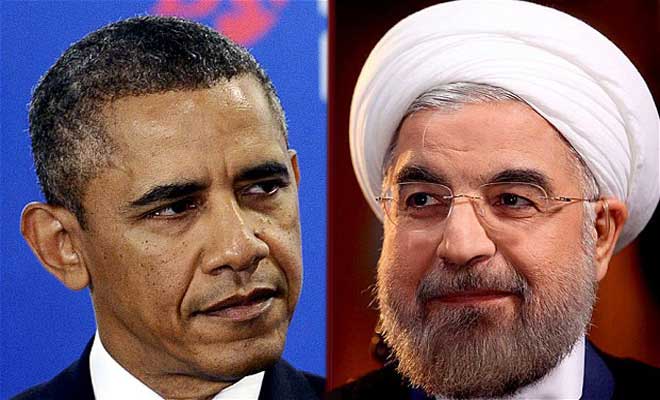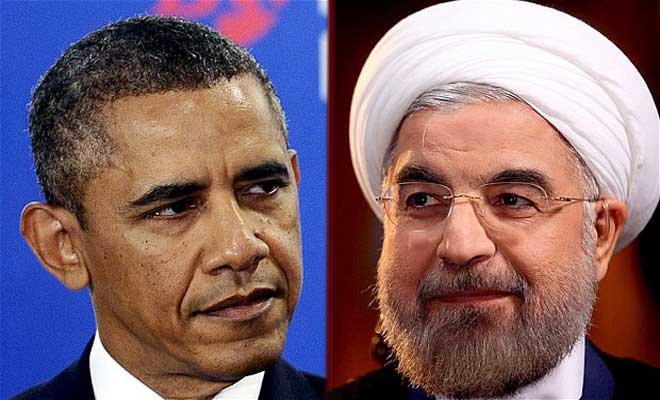
Despite the lifting of international sanctions against Iran earlier this year, the United States government intends to continue denying Iranian companies access to the US financial system. This highlights how the US financial system is viewed not as a market-based system in which private companies are free to do what they want, but rather as a tool of the federal government used to carry out the government’s policy aims. For the banks, it’s a mixed bag. On the one hand, US banks have to comply with the federal government’s edicts, now matter how draconian. On the other hand, they continue to benefit from high barriers to entry that keep out competitors, as well as from subsidies such as deposit insurance and access to the Federal Reserve’s discount window and bailout facilities.
But this continued refusal to allow Iranian access to the US financial system also does just as much to hamper US trade abroad as it does to harm Iranian industry. Even dollar-denominated trades made in Europe could not be made through European subsidiaries of US banks, but would have to be made wholly through European banks. That is of course harmful to US banks, who stand to lose out on potential business with Iranian firms.
These continued banking sanctions against Iran do nothing to foster rapprochement with Iran, harm the business of US banks’ foreign operations, and continue to isolate the US banking system from the rest of the world. There is a reason foreign banks and financial institutions are dropping American customers, closing both personal and business accounts, and trying to minimize their exposure to the United States. Because of the US government’s heavy-handed use of the financial system as a cudgel to ensure international compliance, American citizens, companies, and banks are becoming pariahs within the international financial system.
The US financial system will not always be the world’s largest, freest, or most indispensable to international trade. As the rest of the world works to develop closer ties, the US government seems intent on isolating itself. If the US government continues with heavy-handed sanctions, it will get its wish.
Reprinted with permission from the Menger Center.

